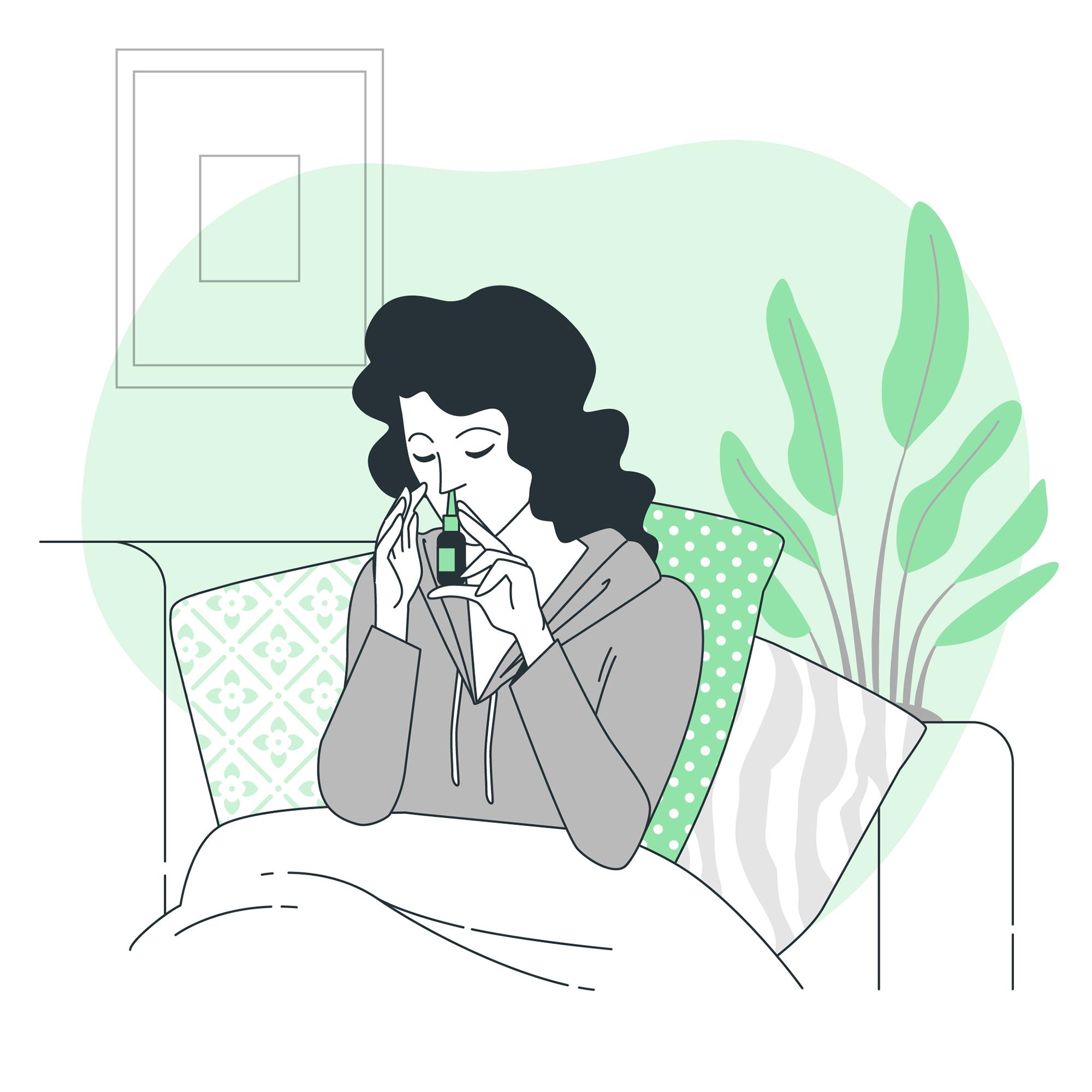
Lifestyle Changes to Manage Allergic Rhinitis
Introduction: Making simple lifestyle changes can go a long way in managing allergic rhinitis symptoms. Let’s explore some easy adjustments you can make to find relief.
1. Allergen Avoidance: Identify and avoid triggers that worsen your symptoms. This may include pollen, dust mites, pet dander, mold, and cigarette smoke. Keep your home clean and dust-free, use allergen-proof covers on pillows and mattresses, and bathe pets regularly to reduce allergen exposure.
2. Indoor Air Quality: Improve indoor air quality by using high-efficiency particulate air (HEPA) filters in your home’s HVAC system and vacuum cleaner. Keep windows closed during high pollen seasons and use air purifiers to remove allergens from the air.
3. Humidity Control: Maintain optimal humidity levels in your home to prevent mold growth and reduce dust mites. Use a dehumidifier in damp areas like basements and bathrooms and ensure proper ventilation in all rooms.
4. Nasal Irrigation: Try nasal irrigation with saline solution to flush out allergens and mucus from your nasal passages. Use a neti pot or nasal irrigation bottle to gently rinse your nasal passages daily or as needed.
5. Dietary Adjustments: Some foods may exacerbate allergic rhinitis symptoms in some individuals. Pay attention to your diet and consider eliminating common allergens like dairy, gluten, or processed foods to see if it helps alleviate your symptoms.
6. Stress Management: Stress can weaken your immune system and worsen allergic rhinitis symptoms. Practice stress-reducing techniques such as deep breathing exercises, yoga, meditation, or spending time outdoors to relax and unwind.
Conclusion: By implementing these lifestyle changes, you can reduce your exposure to allergens and manage your allergic rhinitis symptoms more effectively. Remember to consult with your healthcare provider for personalized advice and treatment options.
To seek medical advice, always consult a Doctor. Here are our recommended experts. Click here
To read more on Respiratory disease . Click Here



